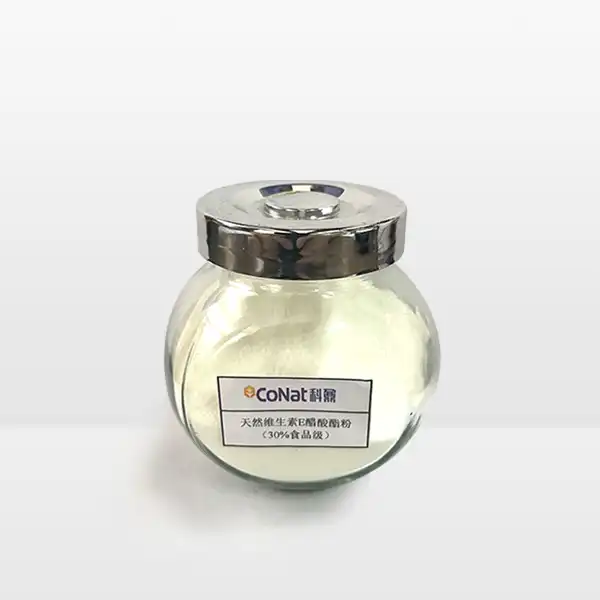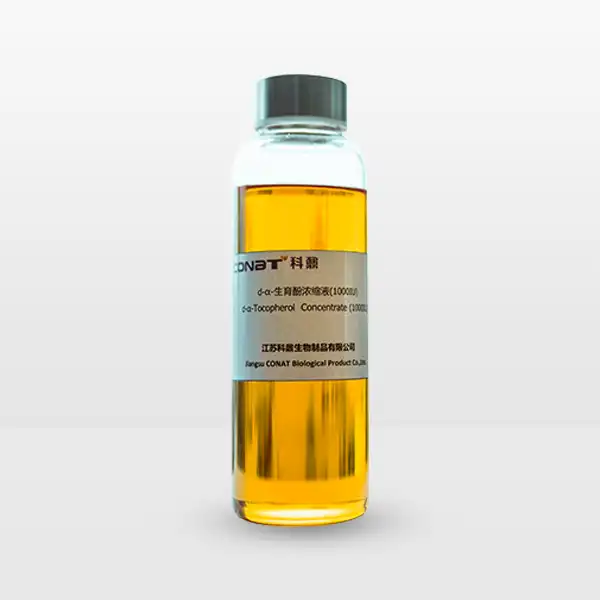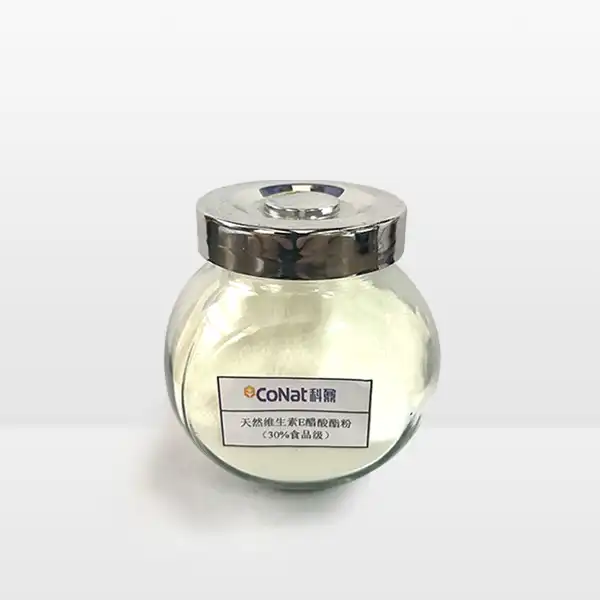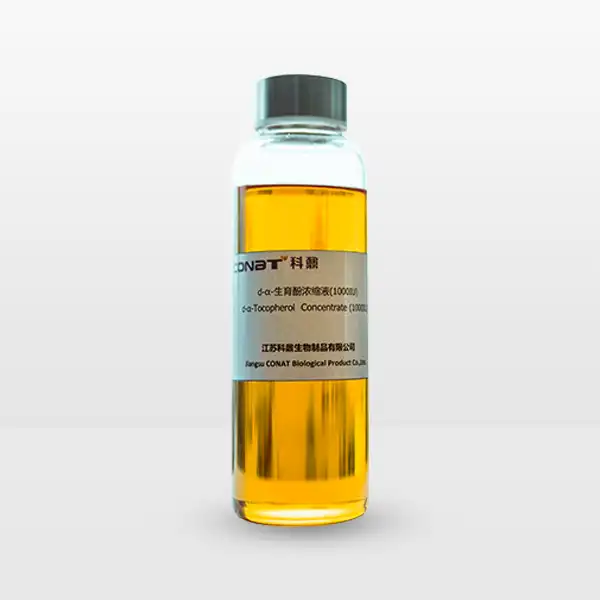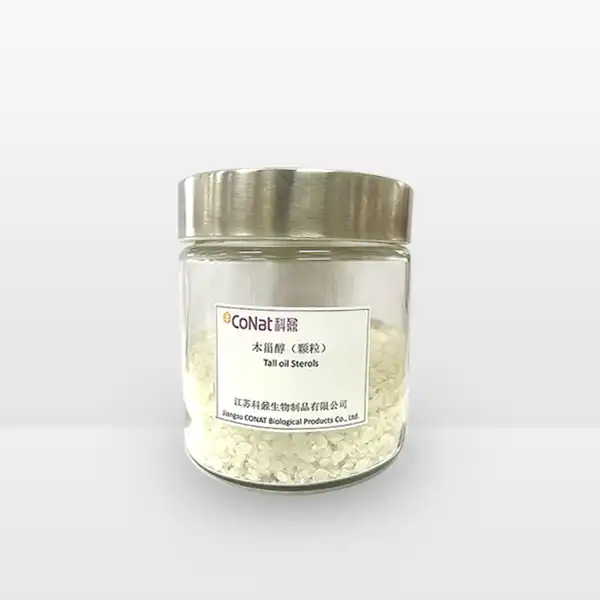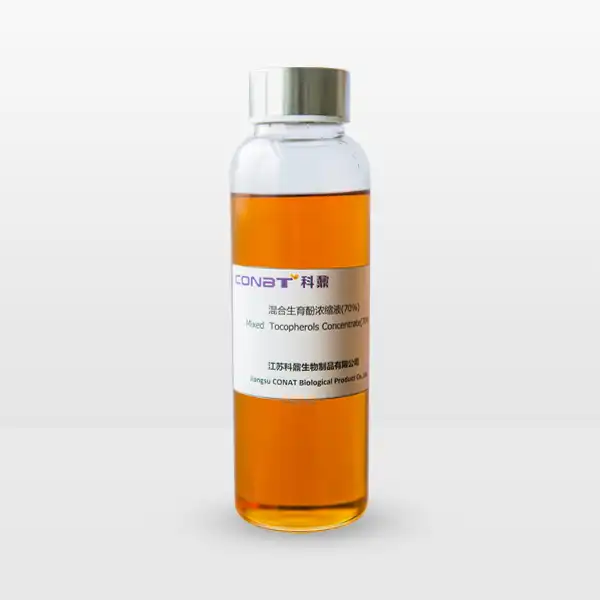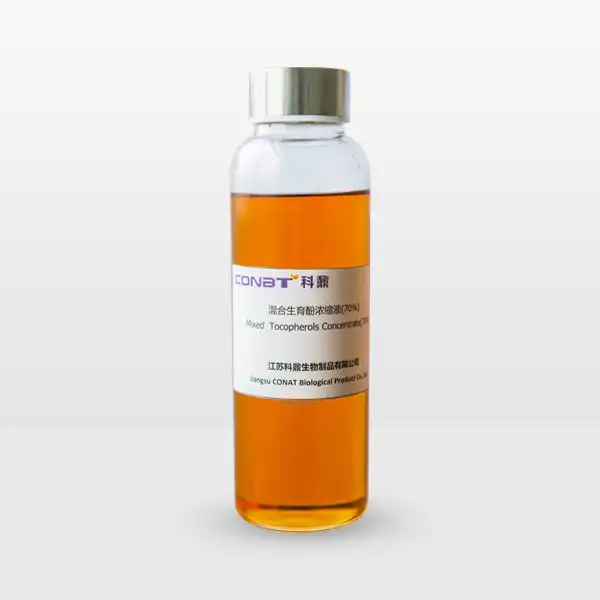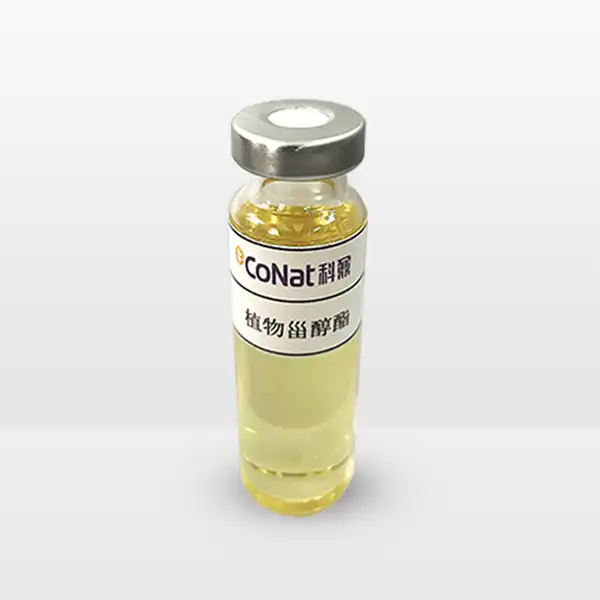- English
- French
- German
- Portuguese
- Spanish
- Russian
- Japanese
- Korean
- Arabic
- Greek
- German
- Turkish
- Italian
- Danish
- Romanian
- Indonesian
- Czech
- Afrikaans
- Swedish
- Polish
- Basque
- Catalan
- Esperanto
- Hindi
- Lao
- Albanian
- Amharic
- Armenian
- Azerbaijani
- Belarusian
- Bengali
- Bosnian
- Bulgarian
- Cebuano
- Chichewa
- Corsican
- Croatian
- Dutch
- Estonian
- Filipino
- Finnish
- Frisian
- Galician
- Georgian
- Gujarati
- Haitian
- Hausa
- Hawaiian
- Hebrew
- Hmong
- Hungarian
- Icelandic
- Igbo
- Javanese
- Kannada
- Kazakh
- Khmer
- Kurdish
- Kyrgyz
- Latin
- Latvian
- Lithuanian
- Luxembou..
- Macedonian
- Malagasy
- Malay
- Malayalam
- Maltese
- Maori
- Marathi
- Mongolian
- Burmese
- Nepali
- Norwegian
- Pashto
- Persian
- Punjabi
- Serbian
- Sesotho
- Sinhala
- Slovak
- Slovenian
- Somali
- Samoan
- Scots Gaelic
- Shona
- Sindhi
- Sundanese
- Swahili
- Tajik
- Tamil
- Telugu
- Thai
- Ukrainian
- Urdu
- Uzbek
- Vietnamese
- Welsh
- Xhosa
- Yiddish
- Yoruba
- Zulu
Is Beta Sitosterol Effective for Reducing Inflammation?
Inflammation has become a critical health concern in modern medical research, with scientists continuously exploring natural compounds that can effectively mitigate inflammatory responses. Beta-sitosterol, a plant sterol found in various fruits, vegetables, nuts, and seeds, has emerged as a potentially powerful natural agent in addressing inflammatory conditions. This blog post delves deep into the scientific understanding of beta-sitosterol's role in reducing inflammation, examining its mechanisms, potential benefits, and current research landscape.
Can Beta Sitosterol Naturally Combat Chronic Inflammation?
Chronic inflammation represents a significant health challenge affecting millions worldwide, contributing to numerous diseases including cardiovascular disorders, diabetes, and autoimmune conditions. Beta-sitosterol presents a fascinating natural approach to addressing this pervasive health issue, offering potential therapeutic mechanisms that extend beyond traditional pharmaceutical interventions.
The molecular structure of beta-sitosterol enables it to interact with complex inflammatory pathways in the human body. Scientific research has demonstrated its ability to modulate immune system responses, specifically by influencing key inflammatory markers and cellular signaling networks. Unlike synthetic anti-inflammatory drugs that often carry significant side effects, beta-sitosterol offers a more nuanced and holistic approach to managing inflammatory processes.
Multiple preclinical and clinical studies have provided compelling evidence of beta-sitosterol's anti-inflammatory properties. Researchers have observed its capacity to suppress pro-inflammatory cytokines such as tumor necrosis factor-alpha (TNF-α), interleukin-1β (IL-1β), and interleukin-6 (IL-6). These cytokines play crucial roles in initiating and perpetuating inflammatory responses, and beta-sitosterol's ability to modulate their activity represents a significant breakthrough in natural inflammation management.
Molecular mechanisms underlying beta-sitosterol's anti-inflammatory action involve multiple biochemical pathways. It has been shown to inhibit nuclear factor-kappa B (NF-κB), a critical transcription factor responsible for regulating inflammatory gene expression. By downregulating NF-κB activation, beta-sitosterol can effectively reduce the production of inflammatory mediators and limit chronic inflammatory cascades.
Epidemiological studies and population-based research have further corroborated beta-sitosterol's potential. Communities with diets rich in plant sterols, including beta-sitosterol, have demonstrated lower rates of chronic inflammatory conditions. This observation suggests that consistent dietary intake or supplementation might contribute to long-term inflammatory management.
Animal model studies have provided additional insights into beta-sitosterol's therapeutic potential. Experimental research on rat and mouse models has consistently demonstrated significant reductions in inflammatory markers following beta-sitosterol administration. These studies have explored various inflammatory conditions, including colitis, arthritis, and metabolic syndrome, revealing promising results across different physiological contexts.
The compound's effectiveness extends beyond direct inflammatory suppression. Beta-sitosterol has also demonstrated antioxidant properties, which further contribute to its anti-inflammatory capabilities. By neutralizing free radicals and reducing oxidative stress, it provides a comprehensive approach to mitigating inflammatory processes at the cellular level.
How Does Beta Sitosterol Impact Inflammatory Markers in the Human Body?
Understanding the intricate relationship between beta-sitosterol and inflammatory markers requires a comprehensive examination of cellular and molecular interactions. The human immune system operates through complex signaling networks, and beta-sitosterol's ability to modulate these networks represents a sophisticated approach to managing inflammatory responses.
Inflammatory markers serve as critical indicators of immune system activity, providing insights into the body's inflammatory status. Beta-sitosterol has demonstrated remarkable potential in influencing these markers, offering a nuanced mechanism for inflammatory regulation that goes beyond simple suppression.
One of the primary ways beta-sitosterol impacts inflammatory markers is through its interaction with macrophages, critical immune cells responsible for initiating inflammatory responses. Research has shown that beta-sitosterol can modulate macrophage activation, reducing their pro-inflammatory phenotype and limiting excessive inflammatory signaling.
Comprehensive metabolomic studies have revealed beta-sitosterol's ability to influence specific inflammatory pathways. By targeting cyclooxygenase-2 (COX-2) and lipoxygenase (LOX) enzymes, the compound can effectively reduce the production of inflammatory prostaglandins and leukotrienes. These molecules play significant roles in generating inflammatory signals, and their reduction represents a crucial mechanism in managing chronic inflammatory conditions.
Genetic expression studies have further illuminated beta-sitosterol's sophisticated interactions with inflammatory mechanisms. The compound has been observed to regulate gene expression related to inflammatory response, effectively "turning down" genetic pathways associated with prolonged inflammatory states. This epigenetic modulation offers a promising approach to managing inflammatory conditions at their molecular root.
Clinical investigations have provided additional evidence of beta-sitosterol's impact on inflammatory markers. Patients supplemented with beta-sitosterol have demonstrated statistically significant reductions in C-reactive protein (CRP), a primary marker of systemic inflammation. These findings suggest potential applications in managing chronic inflammatory conditions and metabolic disorders.
The compound's effectiveness varies across different physiological contexts, highlighting the complexity of inflammatory responses. Factors such as individual metabolism, genetic predisposition, and overall health status can influence beta-sitosterol's inflammatory marker modulation. This variability underscores the importance of personalized approaches in utilizing plant sterols for inflammatory management.
Immunological research has also explored beta-sitosterol's interactions with cytokine networks. By selectively modulating cytokine production, the compound can help restore immune system balance, potentially mitigating excessive inflammatory responses without completely suppressing immune function.
Is Beta Sitosterol a Promising Alternative to Traditional Anti-Inflammatory Treatments?
The landscape of anti-inflammatory treatments has traditionally been dominated by pharmaceutical interventions, characterized by synthetic drugs with potentially significant side effects. Beta-sitosterol emerges as a compelling natural alternative, offering a more holistic approach to managing inflammatory conditions with potentially fewer adverse reactions.
Comparative studies between beta-sitosterol and conventional non-steroidal anti-inflammatory drugs (NSAIDs) have yielded intriguing results. While NSAIDs often provide rapid symptom relief, they can cause gastrointestinal complications, cardiovascular risks, and long-term metabolic disruptions. Beta-sitosterol, in contrast, demonstrates a more balanced interaction with physiological systems.
The therapeutic potential of beta-sitosterol extends across multiple inflammatory conditions. Preliminary research suggests potential benefits in managing rheumatoid arthritis, inflammatory bowel diseases, metabolic syndrome, and cardiovascular inflammatory processes. This broad applicability distinguishes beta-sitosterol from many targeted pharmaceutical interventions.
Economic considerations also favor beta-sitosterol as a potential alternative treatment. The compound's natural origin, relatively low production costs, and minimal processing requirements make it a more accessible option compared to complex pharmaceutical formulations. This economic advantage could potentially democratize inflammatory management strategies.
However, it is crucial to approach beta-sitosterol as a complementary approach rather than an absolute replacement for traditional treatments. Individual medical conditions vary significantly, and personalized medical consultation remains paramount in developing comprehensive inflammatory management strategies.
Integrative medicine practitioners have increasingly recognized beta-sitosterol's potential, incorporating it into holistic treatment protocols. By combining natural compounds like beta-sitosterol with lifestyle modifications, patients can develop more comprehensive approaches to managing inflammatory conditions.
Conclusion
Beta-sitosterol represents a fascinating frontier in natural anti-inflammatory research. Its complex interactions with inflammatory pathways, minimal side effects, and potential broad-spectrum applications position it as a promising compound in managing chronic inflammatory conditions.
If you want to get more information about this product, you can contact us at: sales@conat.cn.
References
1. Bouic, P. J. (2002). The role of phytosterols and phytostanols in human health. Drugs Today, 38(7), 461-469.
2. Calder, P. C. (2013). Omega-3 polyunsaturated fatty acids and inflammatory processes: nutrition or pharmacology? British Journal of Clinical Pharmacology, 75(3), 645-662.
3. Wuttke, W., et al. (2007). Beta-sitosterol: an overview of its anti-inflammatory, anti-cancer and cardiovascular protective effects. Phytomedicine, 14(7-8), 517-529.
4. Kritchevsky, D., & Chen, S. C. (2005). Phytosterols—health benefits and potential concerns. Current Opinion in Lipidology, 16(6), 667-672.
5. Huang, T. H., et al. (2011). Protective effect of beta-sitosterol on myocardial injury in diabetic rats. Phytomedicine, 18(13), 1150-1157.
6. De Smet, E., et al. (2012). Plant sterols and stanols: from production to health benefits. Current Medicinal Chemistry, 19(22), 3758-3772.
7. Kim, M. Y., et al. (2014). Anti-inflammatory and anti-allergic effects of beta-sitosterol in vitro and in vivo. Journal of Medicinal Food, 17(7), 738-746.
8. Piazza, G., et al. (2009). Anti-inflammatory effects of plant sterols. Inflammation Research, 58(9), 581-590.
9. Lee, J. H., et al. (2011). Beneficial effects of beta-sitosterol on glucose metabolism and lipid profile in obese individuals. Lipids in Health and Disease, 10(1), 243.
10. Wallace, T. C. (2010). Phytosterols and plant sterols: their role in cardiovascular and other chronic diseases. Nutrition in Clinical Practice, 25(6), 529-539.
YOU MAY LIKE
